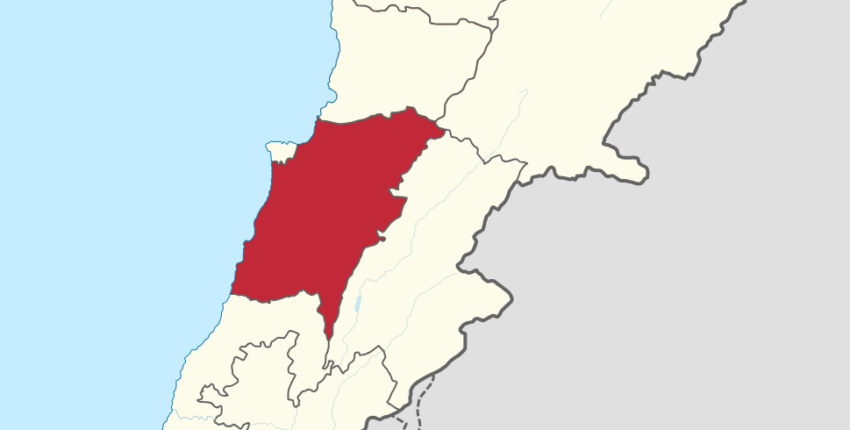| Listen to our audio presentation: History of the US Supreme Court |
The conflict between Israel and Hezbollah reached new levels of intensity, with Israeli airstrikes in Lebanon killing at least 492 people, including 35 children, according to Lebanon’s Health Ministry. The strikes, which targeted Hezbollah’s infrastructure, wounded 1,645 others and displaced thousands of families from their homes. The ongoing military confrontation threatens to plunge the entire region into deeper chaos.
- Israeli airstrikes in Lebanon have killed at least 492 people, including 35 children, according to Lebanon’s Health Ministry.
- The strikes targeted Hezbollah’s military infrastructure, with over 1,300 Hezbollah sites hit in one of the largest Israeli operations since 2006.
- Hezbollah responded by firing more than 200 rockets into northern Israel, causing injuries but no fatalities.
- Global leaders, including the UN and the EU, are urging both sides to de-escalate the conflict to prevent a full-scale regional war.
- The U.S. is sending additional military personnel to the Middle East, while President Joe Biden stressed the importance of de-escalating tensions.
Hezbollah, backed by Iran and labeled a terrorist organization by Israel and its allies, responded by firing over 200 rockets into northern Israel. These attacks resulted in injuries from shrapnel but no fatalities. Israeli Defense Minister Yoav Gallant stated that the military’s operations have been effective in destroying large amounts of Hezbollah’s weaponry, particularly rockets, drones, and missile systems.
According to Al Jazeera, Israeli forces specifically aimed at locations where Hezbollah had stockpiled weapons, ready to fire at Israeli civilians. IDF Chief Spokesman Daniel Hagari emphasized that the targets were tied to Hezbollah’s military capabilities. Nevertheless, military sources declined to provide precise numbers of civilian casualties versus combatants killed in the strikes.
The international response has been swift, with global leaders urging both sides to de-escalate. BBC reported that UN Secretary-General António Guterres expressed alarm over the rising violence, warning that Lebanon risks becoming another Gaza if the situation continues to spiral. Meanwhile, the European Union’s foreign policy chief Josep Borrell described the situation as “extremely dangerous and worrying.”
As diplomatic efforts intensify, President Joe Biden reaffirmed the United States’ commitment to reducing tensions. He mentioned that the U.S. was working to “de-escalate in a way that allows people to return home safely.” Additionally, the Pentagon announced it was sending a small number of additional troops to the Middle East out of what it called an “abundance of caution.”
Meanwhile, the Times of Israel reported that communities in northern Israel, including Afula and Nazareth, were hit by rocket fire, setting off sirens and causing injuries. Civilians seeking shelter have been treated for shock and injuries. Despite the escalations, some commentators noted that Hezbollah has struggled to respond effectively to Israel’s overwhelming airpower.
The scale of the Israeli air assault, which Jerusalem Post described as the largest on Hezbollah since the 2006 Lebanon war, has left massive destruction in southern Lebanon and the Bekaa Valley. These areas, which house much of Hezbollah’s military infrastructure, have seen waves of evacuations as civilians flee the violence.
As the conflict rages on, many fear the situation could escalate into a full-scale war that engulfs not just Israel and Lebanon, but other parts of the Middle East. Hezbollah’s stated goal of supporting Hamas, as well as its refusal to cease operations without a ceasefire in Gaza, adds another layer of complexity to the ongoing hostilities. While diplomatic efforts continue, the conflict shows no immediate signs of abating.
Bekaa Valley is located in eastern Lebanon.
The Bekaa Valley is a large fertile region that stretches between the Mount Lebanon and Anti-Lebanon mountain ranges,
primarily known for its agricultural significance and as a strategic location in conflicts involving Hezbollah.

